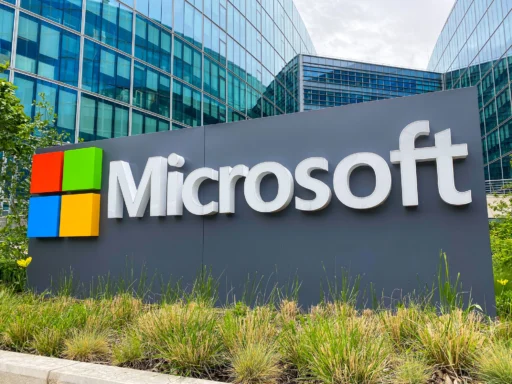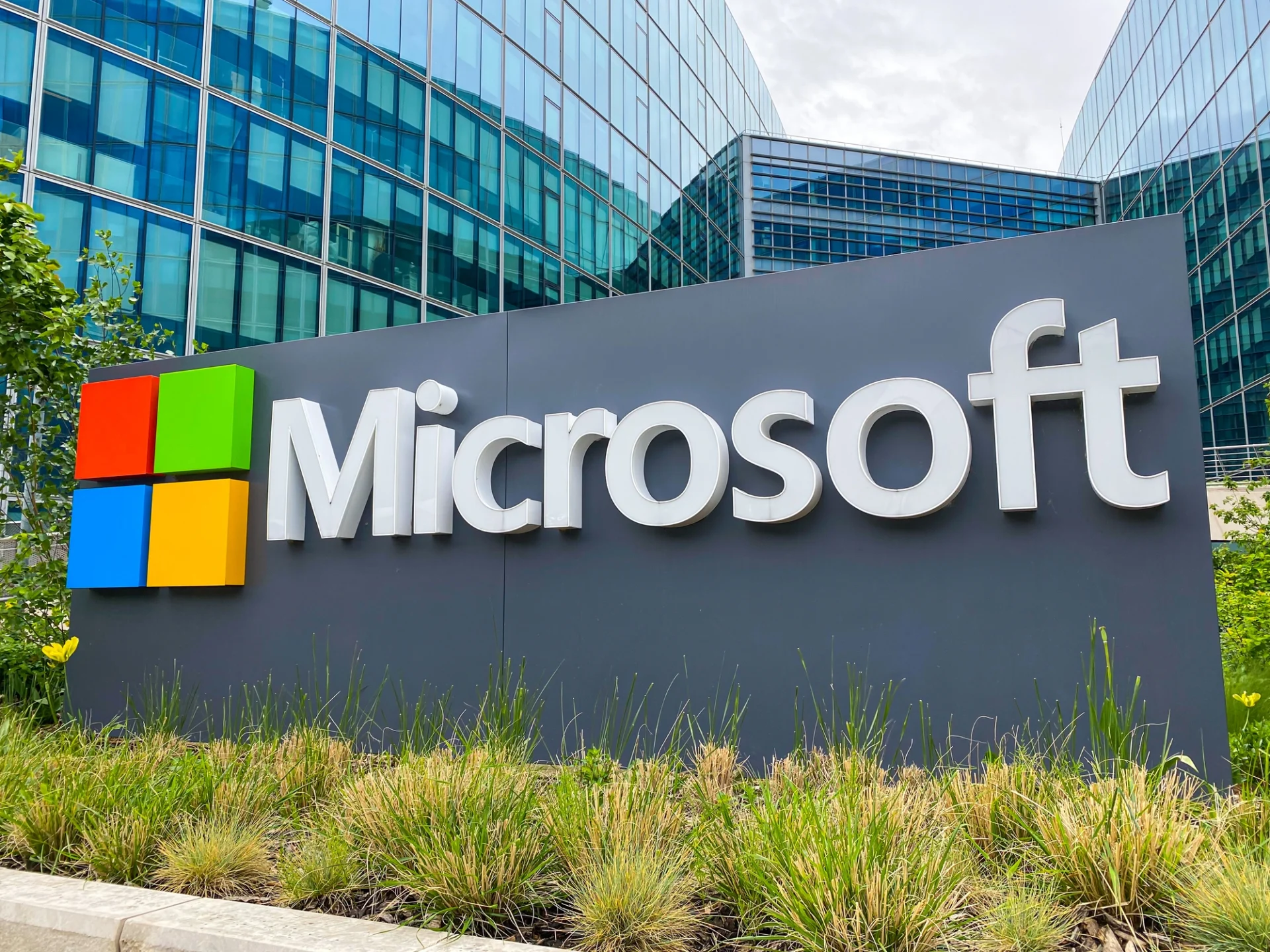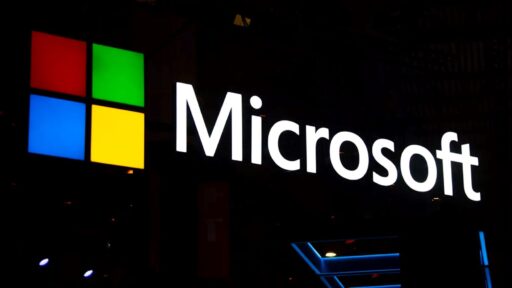Microsoft has softened its approach to the end of Windows 10 support, giving businesses a free first year of Extended Security Updates (ESU). For the first time, the company is also letting individual home users buy these updates directly. The shift comes as the October 14, 2025, end-of-life date for the widely used operating system draws near.
Key Takeaways
- Free updates for businesses: Commercial organizations using Windows 10 will get the first year of security updates after the October 2025 cutoff at no cost.
- New option for home users: Individuals will now be able to pay for an annual subscription to receive security updates for up to three years.
- End date unchanged: Windows 10 still reaches official end-of-support on October 14, 2025, with no new features beyond that point.
- The push to upgrade: The move seems designed to ease the transition for the millions who haven’t yet made the jump to Windows 11, often because of hardware limitations.
A Softer Landing for Millions of Users
Windows 10 remains active on more than a billion devices worldwide, and with support set to end in late 2025, the stakes are high. Normally, after that date, machines running Windows 10 would stop getting vital security fixes, leaving users more vulnerable to malware and cyberattacks.
Microsoft seems to recognize that not everyone is ready to upgrade. For businesses, the first year of ESU coverage will be free, giving them extra breathing room to plan migrations to Windows 11 or even to new hardware. That alone could be a relief for IT managers balancing tight budgets with looming deadlines.
For home users, the change is even more notable. Microsoft has never before sold these post-retirement updates directly to individuals. Now, anyone can pay for a subscription to keep their PC protected. Prices haven’t been disclosed yet, but the option itself marks a big shift in policy. Until now, these extended updates were reserved almost entirely for enterprise clients.
Why the Change of Heart?
The simplest answer seems to be Windows 11 adoption, which hasn’t been as fast as Microsoft probably hoped. A lot of existing machines just don’t meet the stricter requirements, like needing TPM 2.0 and newer processors. That leaves millions of people facing an awkward choice: buy a brand-new computer or stay on an unsupported operating system.
Online discussions show how much of a concern this is, especially in cost-sensitive regions such as India. For many families and small businesses, replacing PCs on short notice simply isn’t realistic. The new ESU plan provides a temporary bridge, allowing them to stay protected without rushing into expensive upgrades.
At the same time, Microsoft isn’t hiding its long-term direction. It wants users on modern hardware capable of supporting its latest tools, especially AI-driven features like Copilot. The arrival of Copilot+ PCs highlights where the company is heading. Offering extended Windows 10 security updates feels less like a change of heart and more like a calculated compromise: protecting users today while still nudging them toward the future Microsoft envisions.
Frequently Asked Questions (FAQs)
Q. When does support for Windows 10 officially end?
A. The support for Windows 10 is set to end on October 14, 2025. After this date, it will no longer receive feature updates or regular security patches for free.
Q. How can I get security updates for Windows 10 after October 2025?
A. Businesses will get the first year of Extended Security Updates (ESU) for free. Home users can buy a yearly subscription to the ESU program for up to three years.
Q. What happens if I keep using Windows 10 without paying for updates?
A. Your computer will still work, but it will not receive new security updates. This makes your device highly vulnerable to malware, viruses, and other security risks.
Q. Why isn’t my computer compatible with Windows 11?
A. Windows 11 has specific hardware requirements, including a modern CPU, 4GB of RAM, and a security module known as Trusted Platform Module (TPM) version 2.0. Many older PCs do not meet these requirements.
Q. Is Microsoft forcing people to upgrade?
A. Microsoft is not forcing an upgrade, but it is strongly encouraging users to move to Windows 11 for better security and access to new features, especially those related to AI. The ESU program is a paid option for those who cannot or do not want to upgrade immediately.






